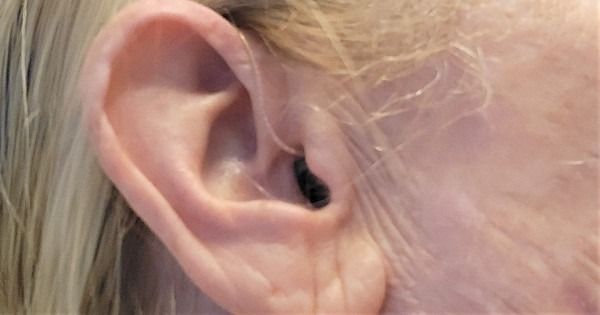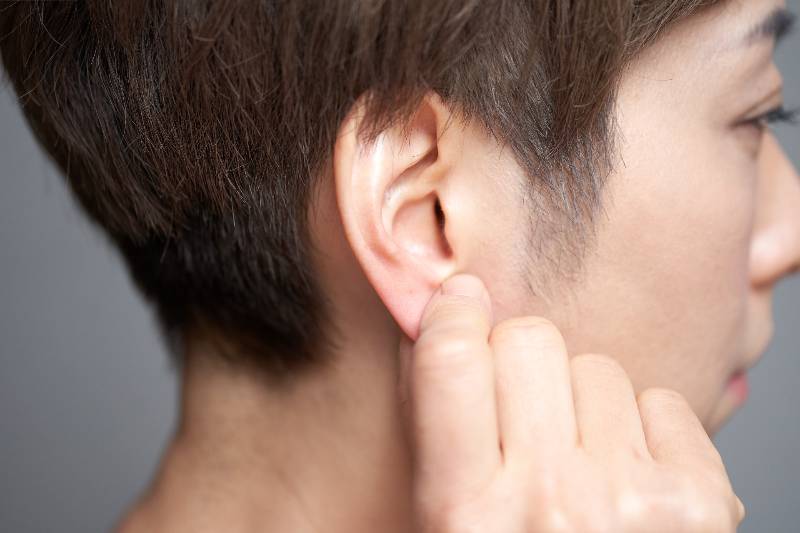Otosclerosis, a condition affecting the bones in the middle ear and leading to hearing loss, presents unique challenges during pregnancy. This guide delves into the intricate relationship between Otosclerosis and pregnancy, offering insights into hormonal influences, symptom management, and the overall impact on maternal health. Our objective is to provide valuable information to women with Otosclerosis and their caregivers during this significant life stage.
The Interplay Between Otosclerosis and Pregnancy
The relationship between Otosclerosis and pregnancy is complex and multifaceted. While pregnancy does not cause Otosclerosis, hormonal changes during this period can exacerbate the condition. Estrogen, which surges during pregnancy, is known to stimulate bone growth and may aggravate Otosclerosis symptoms. This understanding is crucial for anticipating and managing the course of Otosclerosis in pregnant women.
Hormonal Dynamics and Otospongiosis During Pregnancy
The hormonal landscape of pregnancy significantly impacts Otospongiosis. The rise in estrogen levels can lead to an intensification of Otospongiosis symptoms. However, post-pregnancy, as hormone levels normalize, many women experience stabilization or improvement in their symptoms. This knowledge is vital for healthcare providers to tailor treatment plans that address these hormonal fluctuations.
Hormonal Influences on Otosclerosis During Pregnancy
The surge of estrogen during pregnancy is linked to an increase in Otosclerosis symptoms. This hormone stimulates bone growth, potentially aggravating the bony overgrowth characteristic of Otosclerosis. Post-delivery, the decrease in hormone levels might result in symptom stabilization or improvement. Understanding these hormonal influences is crucial for managing Otosclerosis during pregnancy.
Managing Otosclerosis Symptoms During Pregnancy
Managing Otosclerosis symptoms during pregnancy requires a careful approach. Non-surgical options like hearing aids are often the first line of management. In cases of severe hearing loss, surgery, such as stapedectomy, might be considered and is generally safe during pregnancy. Discussions with healthcare providers are key for personalized management strategies.
Navigating Otospongiosis Management in Pregnancy
Managing Otospongiosis during pregnancy requires a nuanced approach. Non-surgical treatments, such as hearing aids, are often preferred. In cases where hearing loss is more severe, surgical options like stapedectomy may be considered. These decisions should be made in close consultation with healthcare professionals, taking into account the individual’s health status and the severity of symptoms.
Maternal Otosclerosis: Considerations and Implications
For mothers with Otosclerosis, the condition can affect various aspects of maternal experience, including bonding with the child. It’s important to note that Otosclerosis is not typically inherited, which can alleviate concerns about passing the condition to the child. Understanding these aspects helps in preparing for a positive maternal journey.
FAQs About Otosclerosis and Pregnancy
- What is the relationship between Otosclerosis and pregnancy? Pregnancy can exacerbate Otosclerosis symptoms due to hormonal changes.
- Can pregnancy cause Otosclerosis? Pregnancy does not cause Otosclerosis, but it can accelerate its progression.
- Is Otosclerosis hereditary? Otosclerosis may have a genetic component, but it is not directly inherited.
- Is surgery for Otosclerosis safe during pregnancy? Surgery, like stapedectomy, may be safe but should be considered on a case-by-case basis.
- Can Otosclerosis affect the baby? Otosclerosis is not typically passed down to the child.
- Are non-surgical treatments effective for Otosclerosis during pregnancy? Yes, non-surgical options like hearing aids can be effective.
Practical Tips for Managing Otospongiosis During Pregnancy
- Regular Audiological Assessments: Monitor hearing changes closely throughout pregnancy.
- Exploring Suitable Hearing Aids: Find hearing aids that accommodate the changing needs during pregnancy.
- Consulting with Otology Specialists: Regular consultations with otology experts are crucial for personalized care.
- Awareness of Hormonal Impacts: Be cognizant of how hormonal changes can affect Otospongiosis symptoms.
- Building a Support Network: Engage with support groups for shared experiences and advice.
Read More here
- Radiopaedia – Otosclerosis: This article on Radiopaedia discusses Otosclerosis, focusing on its presentation, diagnosis, and imaging characteristics. Explore the article on Radiopaedia.
- SpringerLink – Otosclerosis: This reference provides a comprehensive overview of Otosclerosis, including its phases of bone resorption and formation. View the SpringerLink resource.
- Penn Medicine – Otosclerosis: This page offers information about the symptoms and causes of Otosclerosis from a medical perspective. Learn more at Penn Medicine.
HEARING QUEST
TINNITUS GURU
HEARING LOSS NEWS





